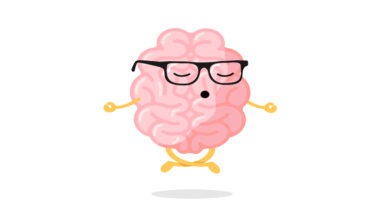Can Meme Stocks Shift the Economy in Favor of the Little Guy?

The financial system has been turned on its head in the past few months with the rise of what has been named “meme stocks.” But is this grassroots movement of regular everyday investors a passing trend? Or could they really transform the way our economy works going forward?
“Meme stocks,” called such because they are ordinary stocks fueled by people through social media, can spike in value based on the zeitgeist and not the fundamentals of the companies they represent, and as a result can often be highly volatile. Made famous by the popular subreddit r/wallstreetbets, this is truly a grassroots movement.
But even with the volatility that comes with these stocks, investors are not shying away from them. Many investors are doubling down, despite warnings from financial institutions, or perhaps in spite of them. But what is driving the popularity of meme stocks, and why do they continue to grow contrary to what markets dictate?
Zeus Yiamouyiannis, author of “Transforming Economy: From Corrupted Capitalism to Connected Communities,” explains:
“Well the first thing I think is the larger social phenomenon of the little guy getting screwed, and the big guy rigging the game. And it has never been any more rigged and the concentration of wealth has never been more dramatic, and so what happens is it creates this groundswell of desire to strike back at an unfair system, to strike back at these profiteers, and to win one for the little guys.”
Watch more:
Ocean Noise Pollution From Drilling and Sonar Is Beaching Whales

150 short-finned pilot whales recently stranded on a beach in western Australia, resulting in the death of all but five of them. The exact reason for the whale’s beaching is unknown, but it comes after New Zealand’s largest stranding around the same time last year, when over 600 pilot whales washed ashore.
The recent beaching occurred in Hamelin Bay on Mar. 23, but by the time the whales were spotted it was too late to save them, as they had beached themselves overnight.
It’s common for whales to beach if they are sick, old, or injured. Cetaceans often become stranded this time of year as they travel north from feeding grounds in the Arctic, though a number this large is unusual.




































